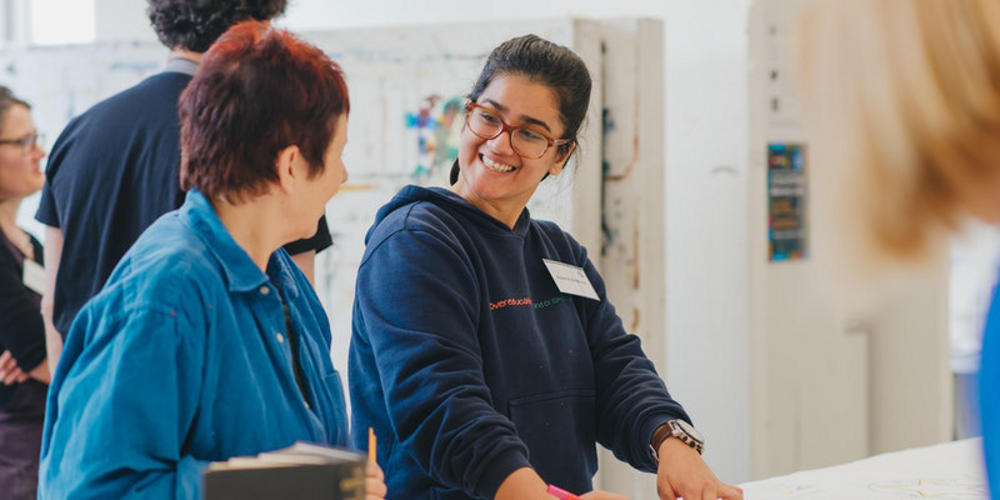
In this mini-series blog post, staff from the Department of Social Responsibility and Sustainability outline the Living Lab approach to student learning and teaching, and discuss its benefits to students and academia…
Living Lab projects are a key pedagogical tool that the University of Edinburgh use to increase understanding about real-world issues and the solutions to those issues. The idea is to engage academics with operational staff in order to form a mutually beneficial collaboration. In the Department of Social Responsibility and Sustainability, we collaborate with researchers and students across the University, and partner with the Edinburgh Living Lab. This initiative was set up by a team of academics from Informatics, Social and Political Science, and Design.
Treating the University as a Living Lab means using our in-house academic expertise and knowledge to influence our operations, while at the same time providing a test-bed opportunity for academics and students to get real-world data for their research.
Collaborative Living Lab projects can provide answers and guidance for operations and professional services staff, experiential learning opportunities for students, and gateways for research impact for academics.
What makes a Living Lab project?
A Living Lab project should aim to:
- Solve a real life problem.
- Be based on a partnership among key stakeholders, often crossing disciplinary and/or sector boundaries.
- Use existing and newly generated quantitative and qualitative data, embracing digital technologies where possible.
- Trial and test ideas in real life settings to further refine solutions proposed.
- Share data and analysis generated openly, for the Living Lab to continue.
How did the Edinburgh Living Lab style of learning and teaching come about?
The Case Studies in Sustainable Development course in the School of Geosciences already included students doing project work in groups, but the students just researched a self-chosen case study of sustainability in the usual academic manner; they were not directed towards any practical outcome. One of the 2014 students volunteered with the Department of Social Responsibility and Sustainability after the course, and had the bright idea of focusing the students’ group projects on practical research topics suggested by the department, which would help inform their efforts to make the university more sustainable.
Examples of Living Lab projects
The Department of Social Responsibility and Sustainability have provided project briefs on themes ranging from waste and recycling, fair trade, energy saving, to engaging researchers in sustainability. Students work over 11 weeks to research the problem and come up with solutions, liaising with the department to ensure the context has been fully understood.
A group helped identify environmental and socioeconomic risks associated with food and drink purchased by the University, which helped the Department of Social Responsibility and Sustainability and Procurement complete their planned analysis using the Scottish Public Procurement Prioritization Tool.
Another group looked at ways of reducing business travel emissions at the University. One of their recommendations was to work with suppliers on incentivising train travel. Following collaboration between one of the students, Procurement and the Department of Social Responsibility and Sustainability, the University was offered a discounted first-class Virgin East Coast service between Edinburgh and London. This led to an estimated modal change for 120 flights, which helped the University save close to $18k and over 30tCO2e.
All students taking the course complete a short, persuasive briefing paper, which is shared with the department and with relevant operations colleagues. In the final week of the course, a half-day workshop is arranged where student groups present their research and recommendations. All relevant operations staff/practitioners are invited to listen to the presentations and ask questions.
To learn more about how to carry out a Living Lab project, see our toolkit, and browse the research priorities for project ideas, current projects and completed projects on the Living Lab projects database.
For further background on the Living Lab approach at the University, read our 2015 report completed by postgraduate student Patrycja Graczyk, and the Living Lab presentation for World Symposium on Sustainability Science and Research presentation by Liz Cooper and Dave Gorman.
We invite interested academics, students and operational/professional services staff to get in touch if you are interested in working on Living Lab projects, or would like to share project ideas.
Students are also encouraged to view our current placement and volunteering opportunities.

